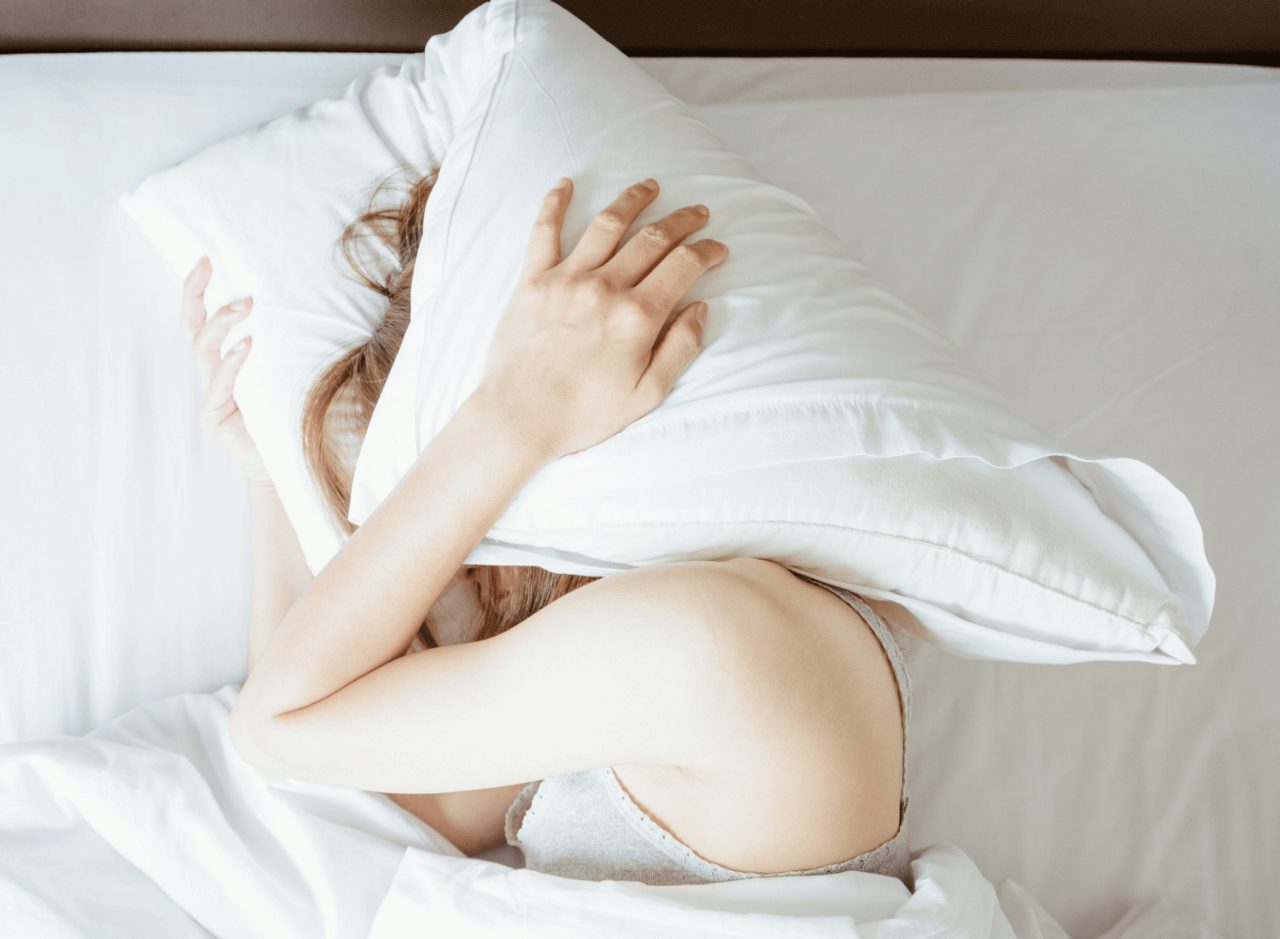What Is Insomnia?

When you can’t sleep at night, you might wonder if your problem qualifies as insomnia. What is insomnia, really?
If you have trouble falling asleep when you want to, or you wake up frequently or too early in the morning, you may have insomnia. This can happen to anyone on occasion and is often a response to a trigger like a day or stress. For example, it’s common for students not to sleep well before a big test. After the test, they’re tired and easily fall asleep that night.
If you have chronic insomnia, you have trouble getting a full night’s rest at least three nights a week over three months or more. You will feel the effects during the day: fatigue, low energy, poor concentration, moodiness, and slipping performance in work or at school.
YOU MIGHT ALSO LIKE: Cognitive Behavioral Treatment for Insomnia
When insomnia lasts that long, the trouble goes beyond the triggers in your day. The cause might be shiftwork upsetting your biological clock, depression, anxiety, medication, or bad habits. About 30 percent of adults have symptoms of insomnia, and some 10 percent end up with daytime effects, according to the American Academy of Sleep Medicine.
Many people think they need less sleep during old age. In fact, although one person has a different need for sleep than another one, that need doesn’t change much. The problem is that middle-aged and older people tend to develop insomnia. In part, that is because older people often have more than one chronic illness and take medication, and both can trigger insomnia as a side effect. Women are at more risk than men.
Sleep doctors divide insomnia into several categories.
- Adjustment or acute insomnia. This kind of insomnia, which lasts at most for a few weeks, affects 15 to 20 percent of adults in any year. The trigger is new or higher stress, anything from work or relationship problems to moving or a new job.
- Behavioral insomnia of childhood. From 10 to 30 percent of children run into trouble with sleep. They might need specific cues, like being held or rocked by a parent, before they nod off. If that doesn’t happen, they’re awake. Or they might refuse to even try to go to sleep, and parents need to set up strict bedtimes.
- Idiopathic insomnia. Sometimes, childhood sleep problems last into adulthood.
- Inadequate sleep hygiene. As much as 10 percent of the population may have serious insomnia because they keep irregular hours, exercise right before bedtime, or watch TV or use their smartphone in bed.
- Insomnia due to alcohol or drugs, medical condition, or mental disorder. Depression may be causing insomnia in 3 percent of the population or more.
- Paradoxical insomnia. Sometimes there’s just no explanation.
- Psychophysiological insomnia. If you become very worried about whether you’ll get enough sleep, you’ll make things worse.
It might be obvious which category you fall into, and you might fit into more than one. Perhaps you often stay up very late to work and eat at 3 a.m., then feel anxious as soon as you try to sleep.
The best treatment is cognitive behavioral therapy (CBT), which teaches you better habits and attitudes about sleep. Sleeping pills may seem easier, but they don’t work as well. In one CBT study, by the end of a five-week online program, 30 percent of the participants who made it to the end were getting an extra hour a sleep a night.
Updated:
February 27, 2023
Reviewed By:
Janet O’Dell